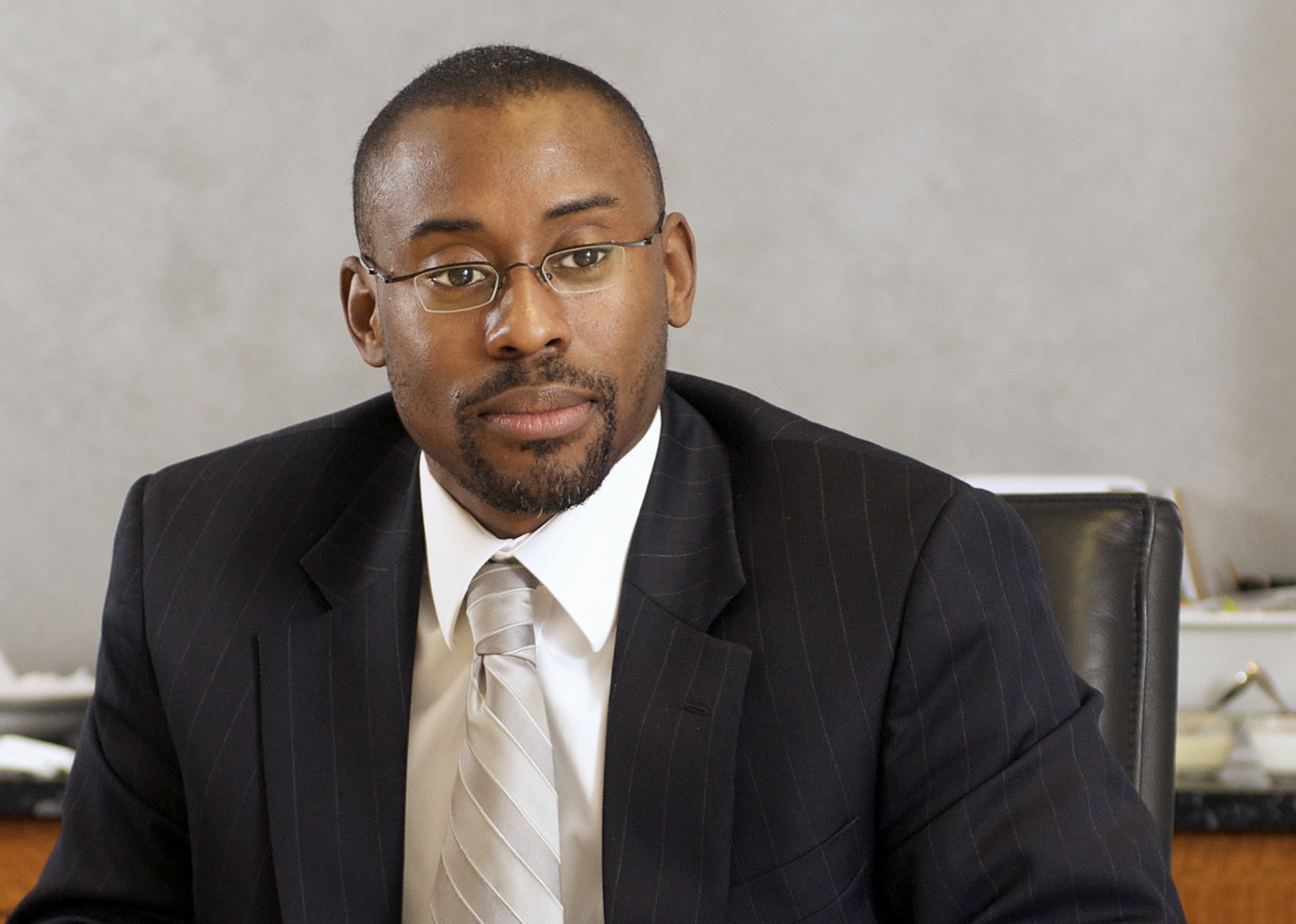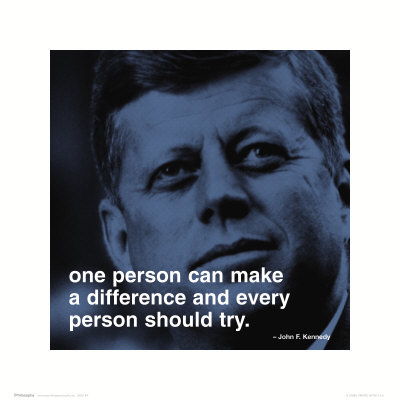by Todd Rothman
As a pre-law advisor, I probably hear this question from at least one advisee every week. And at this time of year, with all eyes on what to do over the summer, this concern seems to crop up daily. The seemingly obvious answer to this question is “Yes, of course it will! It’s relevant experience!” However, the more accurate answer is actually “Not necessarily.” Here’s why.
Since law schools are looking to fill their incoming classes with students who possess diverse interests, expertise, and passions, admissions officers are excited by applicants with experience in a variety of fields and settings. In the same way that law schools do not have any pre-requisite courses or preferred majors, there is no pre-requisite internship that is valued more highly than others. Though this may seem counter-intuitive – after all, shouldn’t first-hand exposure to your intended profession be important and well-regarded? – the underlying rationale is rooted in the belief on the part of law schools that it is primarily *their* responsibility to indoctrinate you in the study and practice of law.
If you think about it, other components of the admissions process to law school are actually reflective of that overall belief as well. Rather than a statement of purpose – in which the applicant is asked to articulate her career goals and describe how her academic background and professional trajectory has specifically qualified her for their intended field – law school applications require an intentionally open-ended personal statement. This essay is essentially a “Tell me about yourself” exercise and effective law school personal statements can be wholly unrelated to the legal field. In fact, many of the best personal statements that I’ve read are self-reflective and engaging, but never even come close to mentioning the law whatsoever.
Now, this is not to say that law schools disapprove of law-related internships or paralegal work either. But here’s the (poorly-kept) secret about the majority of entry-level paralegal positions for undergraduates: they’re almost entirely administrative in nature and a fairly dry and unengaging experience. The truth is, the most common activity done in legal internships is what is euphemistically referred to as “document production” (read: photocopying and collating). And law school admissions officers know this all too well. There are, of course, exceptions to this rule and legal internships at smaller law firms (where the attorneys on staff actually need more help) can often be those exceptions. Ironically, the largest, most prestigious, and most well-known law firms usually provide the least substantive experiences for interns, simply because the lawyers there are already well-supported by full-time support staff and first- or second-year associates for the more engaging projects.
So, here is the good news for pre-law students! When you’re thinking about your next internship, the most important consideration should be this: What would I find the most stimulating, challenging, and relevant to my unique interests? And the even better news is that this is not only from an educational and professional perspective, but also from an admissions perspective. If the answer is working as a paralegal and seeing how law firms work, then that’s great! But if your passions, skills, and interests lead you towards apprenticing a curator at an art museum… or teaching English abroad… or contributing to a psychological research study… or working at a biotechnology firm, then that’s great too!
Believe me, no law school admissions officer will ever review a strong application from a bright, engaged student and think, “Well, he’s a great candidate… but if only he was a paralegal.”










